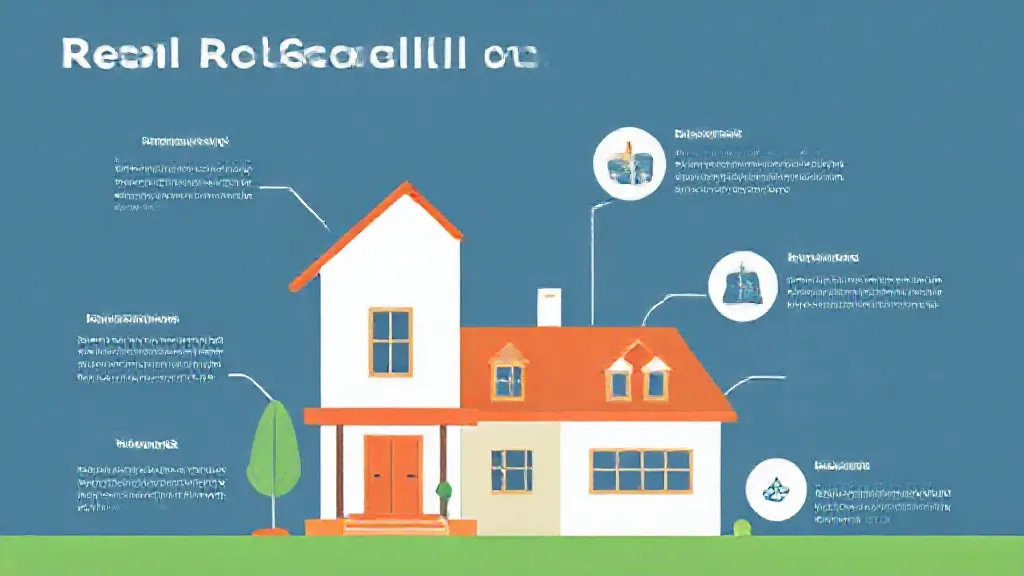Real estate has long been considered a cornerstone of wealth building, serving as both an investment vehicle and a means of generating passive income. In this article, we will delve into the multifaceted role that real estate plays in wealth accumulation, examining its historical significance, current trends, and future potential. By understanding where real estate fits in the broader context of wealth building, individuals can make informed decisions about their financial futures.
The Historical Context of Real Estate Investment
Historically, real estate has been a preferred investment choice for many wealthy individuals. From ancient civilizations that built empires on land ownership to modern investors who leverage properties for income, real estate has consistently provided a tangible asset that appreciates over time. The post-World War II economic boom in the United States, for instance, saw a surge in suburban development, leading to increased homeownership and wealth generation for many families.
This historical perspective highlights how real estate has been integral to wealth building across generations.
Real Estate as a Source of Passive Income
One of the most compelling reasons to invest in real estate is its potential to generate passive income. Rental properties, for example, can provide a steady stream of cash flow, allowing investors to earn money without actively working for it.
This income can be reinvested into additional properties, stocks, or other investments, creating a compounding effect that significantly boosts wealth over time. According to a report by the National Association of Realtors, nearly 90% of real estate investors cite rental income as a primary motivation for their investments, underscoring its importance in wealth building strategies.
The Role of Real Estate in Diversifying Investment Portfolios
Diversification is a critical component of any successful investment strategy, and real estate offers a unique opportunity to achieve this.
By incorporating real estate into an investment portfolio, individuals can mitigate risks associated with stock market volatility. Real estate often behaves differently than stocks and bonds, providing a buffer during economic downturns. For example, during the 2008 financial crisis, real estate values in many areas experienced a decline, but some markets showed resilience, emphasizing the importance of location and market conditions in investment decisions.
Leverage: A Powerful Tool in Real Estate Investment
Another advantage of investing in real estate is the ability to use leverage. Investors can purchase properties with a relatively small down payment, borrowing the remainder through mortgages. This means that even modest investments can lead to significant returns.
For instance, if an investor buys a property for $200,000 with a $40,000 down payment, any appreciation in the property's value benefits the investor based on the full purchase price, not just the initial investment. This principle of leverage can amplify wealth-building potential, making real estate an attractive option for many.
Tax Benefits of Real Estate Investments
Real estate investment comes with a variety of tax advantages that can further enhance wealth accumulation.
Investors can benefit from deductions related to mortgage interest, property taxes, and depreciation, which can significantly reduce taxable income. Additionally, the 1031 exchange allows investors to defer capital gains taxes when they sell a property and reinvest the proceeds into another property. These tax benefits make real estate a compelling option for those looking to build wealth while minimizing their tax liabilities.
The Impact of Market Trends on Real Estate Wealth Building
Understanding market trends is crucial for successful real estate investment. Factors such as interest rates, economic indicators, and demographic shifts can influence property values and rental demand. For example, the rise of remote work has led to increased interest in suburban and rural properties, as individuals seek more space and affordable living options.
Staying informed about these trends allows investors to make strategic decisions that align with current and future market conditions, maximizing their wealth-building potential.
Challenges and Risks in Real Estate Investment
While real estate offers numerous benefits, it is not without its challenges and risks. Market fluctuations, property management issues, and unexpected expenses can impact profitability.
Investors must conduct thorough due diligence, including property inspections and market analyses, to minimize risks. Furthermore, understanding the local real estate market and its dynamics is essential for making informed investment decisions. By acknowledging these challenges and preparing for them, investors can better navigate the complexities of real estate investment.
Future Outlook: Real Estate in a Changing Economic Landscape
As we look to the future, the role of real estate in wealth building is likely to evolve. Factors such as technological advancements, demographic changes, and shifts in consumer preferences will shape the real estate landscape. For instance, the rise of real estate technology platforms has made it easier for individuals to invest in properties and access market data.
Staying adaptable and informed will be crucial for investors seeking to leverage real estate as a wealth-building tool in an ever-changing economic environment.
In conclusion, real estate holds a significant place in wealth building strategies. Its historical significance, potential for passive income, diversification benefits, leverage opportunities, tax advantages, and adaptability to market trends make it a compelling choice for investors.
By understanding the various facets of real estate investment, individuals can make informed decisions that contribute to their long-term financial success.
